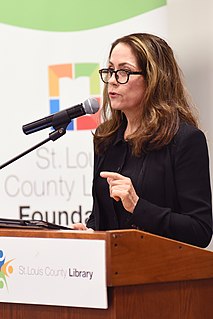Top 93 Quotes & Sayings by Mary Karr
Explore popular quotes and sayings by an American poet Mary Karr.
Last updated on April 14, 2025.
Both my parents were agnostic. My mother was kind of a Buddhist. She had some spiritual tendencies, but they were kind of flaky - New Agey, you know? Which is partly why I'm suspicious of that sort of thing. I'm skeptical of any spiritual practice that doesn't involve other people and doesn't involve some sort of consistent tradition.
I think being tortured as a virtue is a kind of antiquated sense of what it is to be an artist. It comes out of that Symbolist idea, back to Rimbaud and all that disordering of the senses and all of that being some exalted state. When I've been that way, I've always been less exalted than I would have liked.
If you live in the dark a long time and the sun comes out, you do not cross into it whistling. There's an initial uprush of relief at first, then-for me, anyway- a profound dislocation. My old assumptions about how the world works are buried, yet my new ones aren't yet operational.There's been a death of sorts, but without a few days in hell, no resurrection is possible.
Gary Shteyngart has written a memoir for the ages. I spat laughter on the first page and closed the last with wet eyes. Un-put-down-able in the day and a half I spent reading it, Little Failure is a window into immigrant agony and ambition, Jewish angst, and anybody's desperate need for a tribe. Readers who've fallen for Shteyngart's antics on the page will relish the trademark humor. But here it's laden and leavened with a deep, consequential, psychological journey. Brave and unflinching, Little Failure is his best book to date























